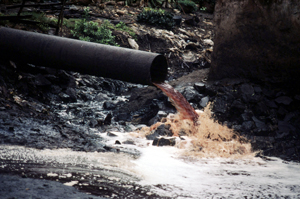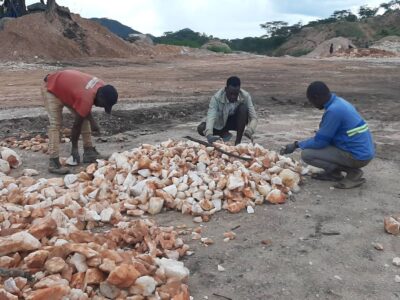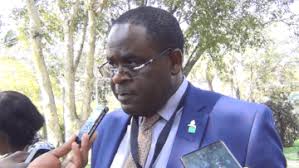Government has strongly warned of consequences if squatters continue occupying in Siavonga’s Mutulanganga Forest Reserve of Southern Province.
Siavonga District Commissioner, Geoffrey Jakopo, said squatters should return to wherever they came from in order to protect the forest from complete depletion.
Jakopo said this when he launched the Inclusive Sustainable Forest Management Project to be executed in Simamba and Sinadambwe Communities in Siavonga District.
The project is being implemented by Rise Community Development Aid Programme (RICAP) with support from Global Environment Facility (GEF) Small Grants Programme (SGP) under the United Nations Development Programme (UNDP).
He stated that government was determined to fight against environmental degradation, biodiversity degradation and forest resource depletion.
“Most of the trees near water bodies in Siavonga have been cut for solid fuel consumption thereby affecting the rainy pattern,” Jakopo said.
He expressed his delight with RICAP for partnering with Government to mitigate Climate Change and provide livelihoods options.
Jakopo said the Project by RICAP was in line with the National Adaptation Plan (NAP) and Zambia’s Nationally Determined Contributions (NDCs).
RICAP Board Chairperson, James Muyangana, said his Organisation’s role would work with Sinadambwe and Simamba Chiefdoms to inculcate in them the value of harnessing the actual natural resources they are endowed with.
“RICAP will create synergies to ensure that the two communities sustainably benefit from the resources they have,” he said.
Meanwhile, RICAP Executive Director, Samuel Tundu, said Sinadambwe and Simamba Chiefdoms had witnessed an alarming commercial cutting of trees for charcoal burning which was negatively impacting on environmental sustainability.
Tundu called for strengthened collaborative efforts to reverse depletion of local forests to combat Climate Change.
“RICAP will advocate for revamping of Community Forest Management Committees to champion environmental protection as custodians of local resources,” he said.
Read More:Environmental watchdog urges tougher regulations in Luapula mining enclave, others
Representing the National Steering Committee of the Global Environment Facility (GEF) Small Grants Programme (SGP) under the UNDP, Absalom Sakala, said effects of Climate Change are real in Siavonga as evidenced by high temperatures, low water levels and low productivity.
“The Solutions by RICAP will not only address challenges in Siavonga alone but help achieve global targets which excites the Global Environment Facility who provided the resources,” Sakala stated.
He observed that the rate at which Zambia was consuming resources was worrying as production and consumption patterns were not sustainable.
Sakala added that the GEF wanted Zambia to come up with sustainable production and consumption patterns in order to value resources and gain livelihoods from them.
“The lessons from Siavonga will be shared at National level, Africa and global level which will help to increase allocations for Zambia,” he said.
WARNING! All rights reserved. This material, and other digital content on this website, may not be reproduced, published, broadcast, rewritten or redistributed in whole or in part without prior express permission from ZAMBIA MONITOR.










Comments